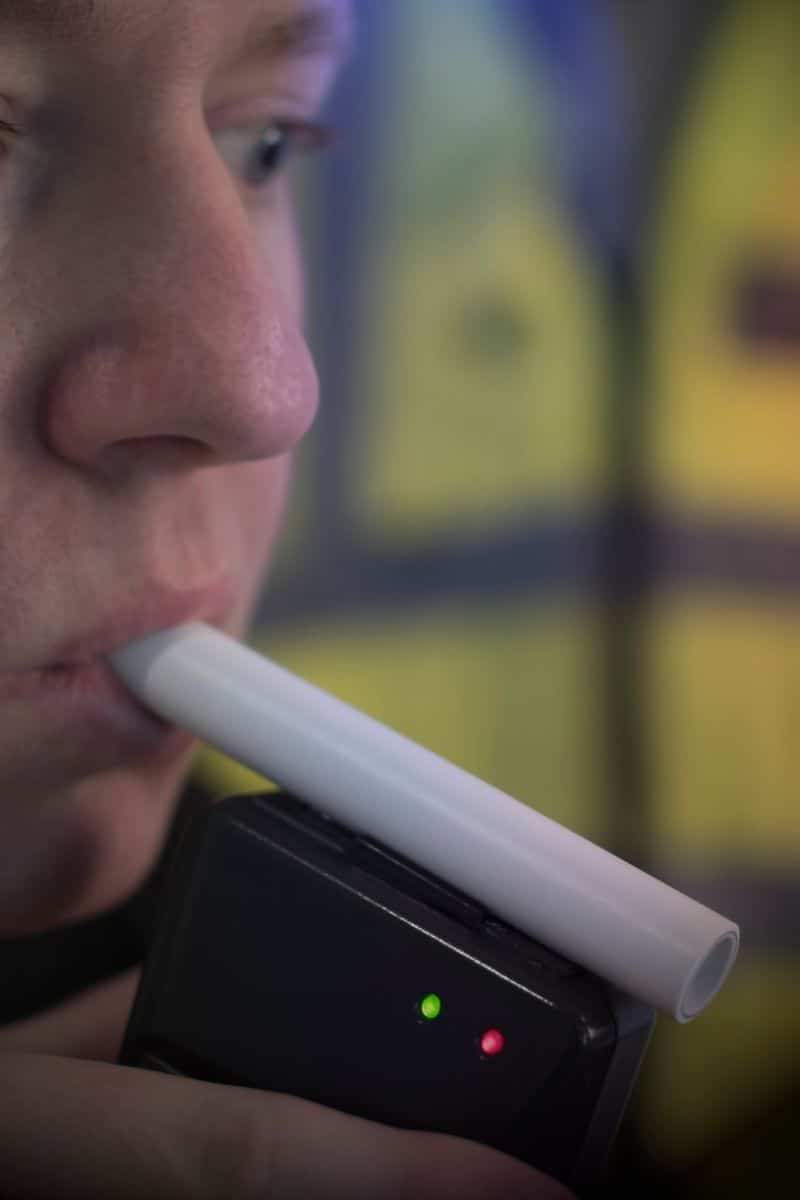


You may need a motoring solicitor in the UK when facing serious driving offences that could result in license disqualification, significant fines, or imprisonment, or when you have reasonable grounds to challenge charges against you, as specialised legal representation can significantly impact the outcome of your case. If you find yourself in this position then we can recommend Caddick Davies who are a specialist motoring law firm based in Liverpool.
But when would you find that you need the services of a motoring solicitor?
Drink driving offences in the UK carry severe penalties that vary based on the specific violation. If caught driving or attempting to drive while above the legal alcohol limit, you could face up to six months’ imprisonment, an unlimited fine, and a driving ban of at least 12 months (extended to 3 years if convicted twice within 10 years). Even being in charge of a vehicle while over the limit can result in 3 months’ imprisonment, a fine up to £2,500, and a possible driving ban or 10 penalty points.
The consequences escalate dramatically for more serious offences. Refusing to provide a specimen for analysis carries the same penalties as driving while over the limit. Most severely, causing death by careless driving when under the influence can result in life imprisonment, an unlimited fine, and a minimum 5-year driving ban. Beyond legal penalties, a drink driving conviction will significantly increase insurance costs, may impact employment (especially if driving is required for work), and can create difficulties when traveling to countries like the USA.
Licence disqualification in the UK occurs through two main pathways: either by court order following a serious driving offence or through the “totting-up” system when a driver accumulates 12 or more penalty points within three years. The duration of disqualification varies based on severity and previous history, with minimum periods typically being 6 months for first-time “totting-up” offences, 12 months for a second disqualification within three years, and 2 years for a third.
Certain offences carry mandatory disqualification, including dangerous driving, drink-driving, and drug-driving. The consequences of disqualification differ depending on the ban length—if disqualified for less than 56 days, you can resume driving once the period ends without applying for a new licence. However, for disqualifications of 56 days or more, you must apply for a new licence before driving again and may need to retake your driving test, especially for alcohol, drug, or dangerous driving offences. Additionally, UK driving bans are recognized in Northern Ireland and the Isle of Man through “mutual recognition” codes, meaning disqualified drivers cannot drive in these territories either.
The “totting up” system refers to the accumulation of 12 or more penalty points on a driver’s license within a 3-year period, which triggers mandatory disqualification from driving. The key aspects of this system include:
The minimum disqualification period is 6 months for first-time totting up offences, 12 months if one previous disqualification is taken into account, and 2 years if more than one previous disqualification applies.
Crucially, the 3-year period is calculated from the date when offences were committed, not when convictions or sentences occurred. For example, if you committed speeding offences on January 1, 2022, and March 1, 2023, both would count toward totting up even if the court proceedings happened later.
Previous disqualifications are only considered if they were at least 56 days long and imposed within three years immediately preceding the date of the current offence.
After disqualification ends, drivers start with a clean slate regarding penalty points, but those disqualified for 56 days or more must apply for a new license before driving again.
Drivers facing a totting up ban may avoid disqualification by successfully arguing “exceptional hardship” in court, demonstrating that losing their license would cause consequences beyond normal inconvenience, such as loss of livelihood or severe impact on dependents.
When facing any motoring offence, it’s advisable to contact a solicitor as soon as possible after the incident or upon receiving official documentation. You should consider calling a motoring solicitor immediately if:
You receive a Notice of Intended Prosecution (NIP) and are unsure how to respond, especially if you don’t know who was driving your vehicle at the time of the alleged offence
You’re invited to attend a police interview regarding a driving incident, whether as a witness, suspect, or victim
You’re arrested for a serious road traffic offence and are to be interviewed under the Police and Criminal Evidence Act
You face potential disqualification from driving that could affect your livelihood or personal circumstances
You believe you have grounds to challenge the charges against you
Most specialist motoring solicitors offer free initial consultations and 24-hour helplines to provide immediate advice when you need it most. Many also provide fixed-fee services for more detailed consultations, typically costing around £330, which can be deducted from the total cost if you decide to proceed with their representation. Prices, of course, will vary.
Navigating the complexities of motoring law in the UK can be daunting, especially when facing penalties that could impact your freedom, finances, or future. Whether it’s a drink driving charge, the risk of licence disqualification, or accumulating too many penalty points, seeking the expertise of a qualified motoring solicitor can make a crucial difference. With timely legal advice and proper representation, you stand a much better chance of protecting your rights and achieving the best possible outcome for your case.
Mailing address only: Office 1, Oaktree Court Business Centre, Mill Lane, Ness, Cheshire, CH64 8TP Tel: 0151 314 0640 | Website by Graham SEO